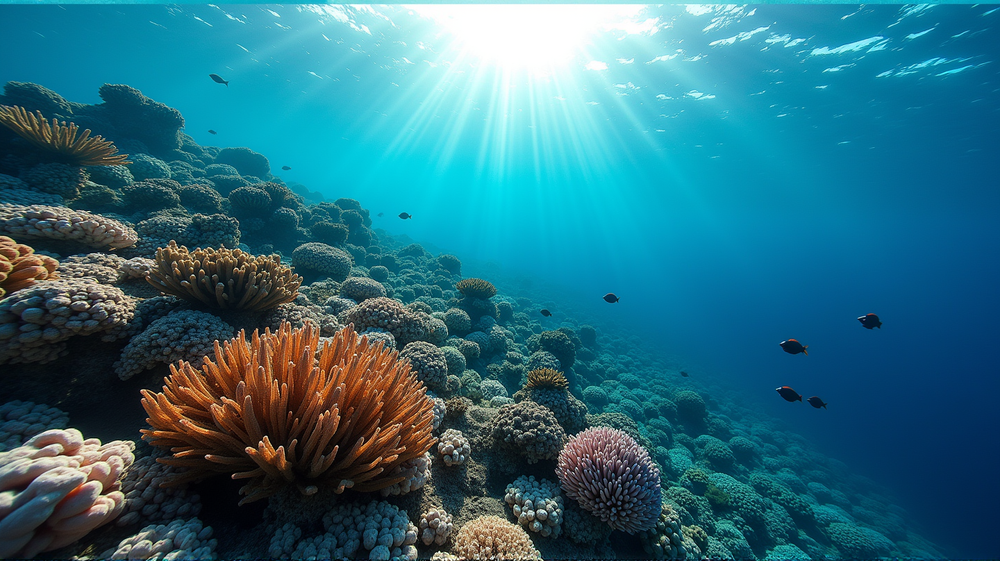Australia’s Great Barrier Reef (GBR), a UNESCO World Heritage site and ecological marvel, faces critical climate threats. Yet, the media portrayal of these threats often clouds reality with narratives of skepticism and denial, creating a dissonance that undermines urgent climate action. According to Nature, misinformation on climate change poses a significant challenge in conveying the true state of the GBR and its ecosystem’s vulnerability.
The Controversial ‘Reef Recovery’ Framing
A recent media release by the Australian Institute of Marine Science (AIMS) highlighted an increase in coral coverage on the GBR. This ‘reef recovery’ headline, however, obscured the detailed scientific findings about ongoing climate threats. Headlines made global rounds, often stripped of context, suggesting an unwarranted optimism about the reef’s health.
Media and Misinformation: Partners in Crime?
The ‘reef recovery’ narrative, keenly picked up by both mainstream and social media, morphed into climate skepticism. Many outlets emphasized coral growth while downplaying vulnerabilities. This strategic media framing propelled a narrative that justified delaying necessary climate actions, despite the GBR’s documented risks due to warming waters and frequent bleaching events.
Social Media Amplification of Climate Scepticism
The study evaluated nearly 60,000 tweets post-report, discovering a significant portion engaged in climate change contrarianism. The influential spread of hashtags like “#climatescam” exemplified how social platforms amplified skepticism, detaching discourse from scientific evidence.
Solutions and the Path Forward
To counteract misinformation, the study suggests a strategic, research-informed approach to science communication. Accurate packaging of nuanced scientific data for media dissemination can prevent misinterpretation. Additionally, regulatory oversight over social media platforms, aiming to control the unchecked spread of false information, becomes crucial.
Why Getting It Right Matters
Accurate representation of the GBR’s condition can influence public perception and political will, crucial for instigating effective climate policy. Misleading narratives, however, risk delaying climate action critical to the reef’s future.
In conclusion, communicators bear the responsibility to frame the acute risks of climate change accurately, preserving environments like the GBR, which hold Outstanding Universal Value for humanity.












